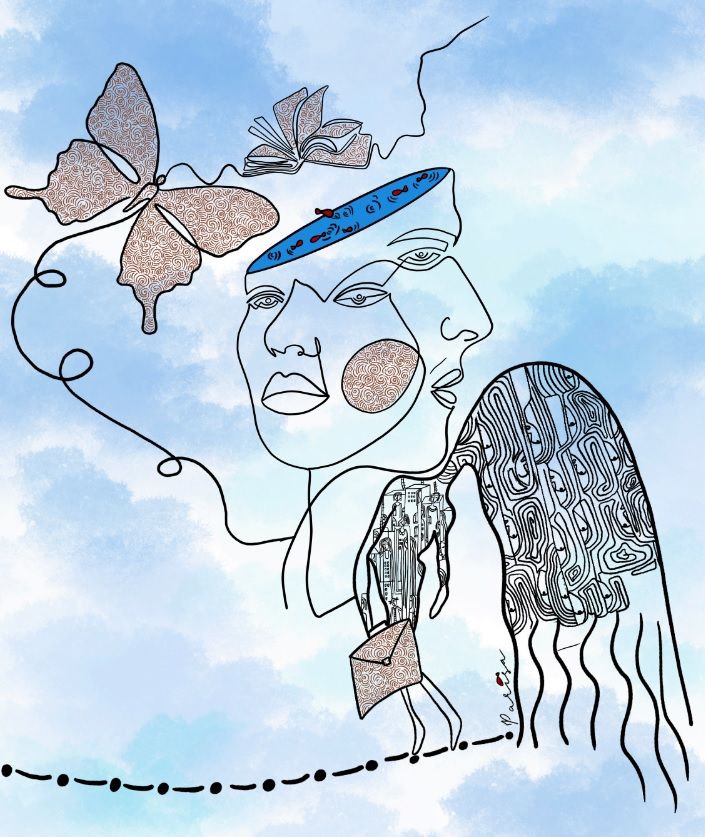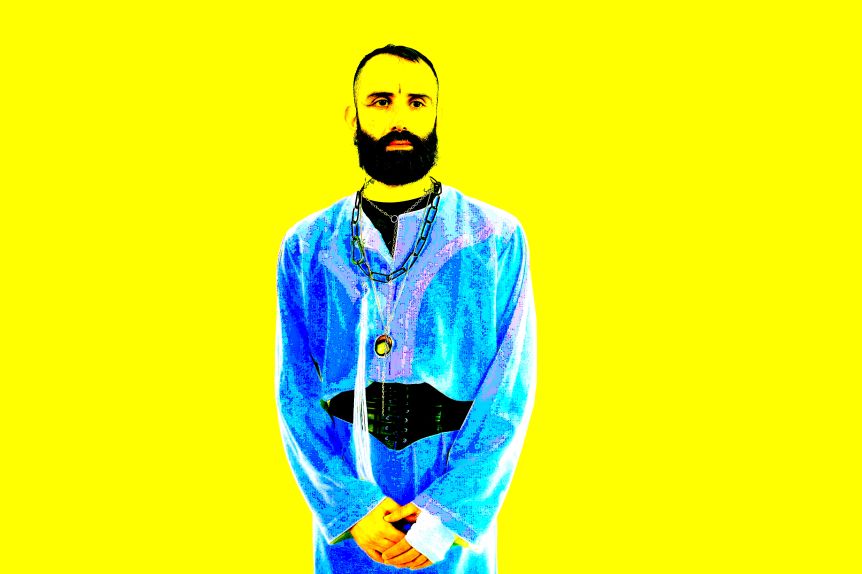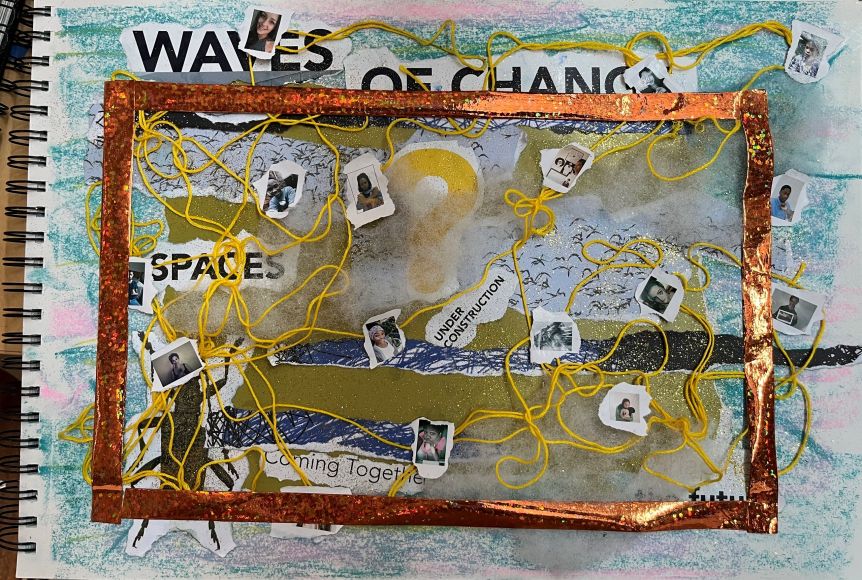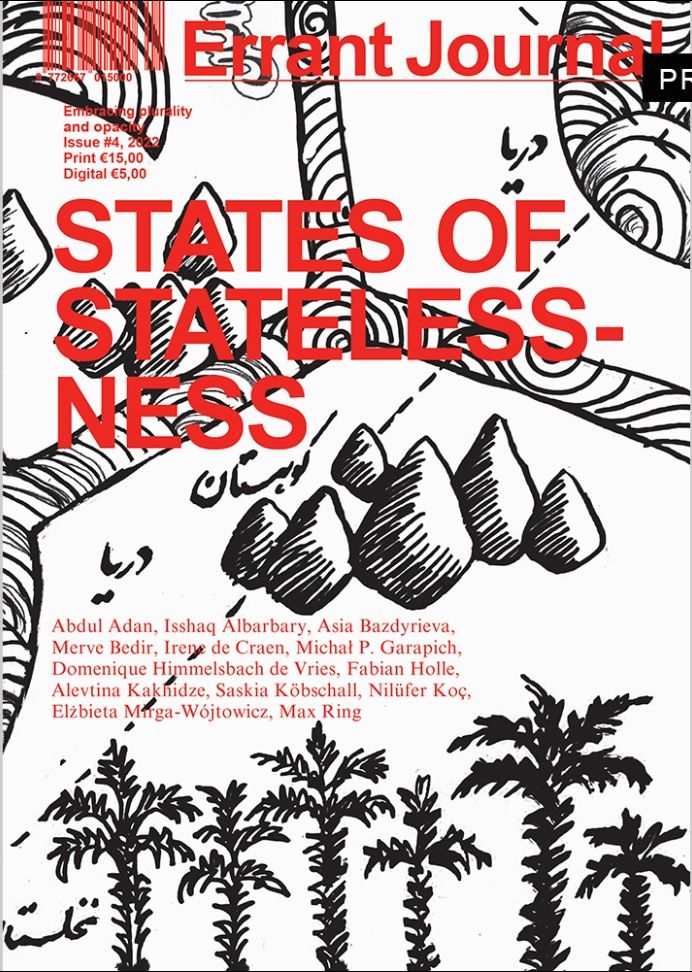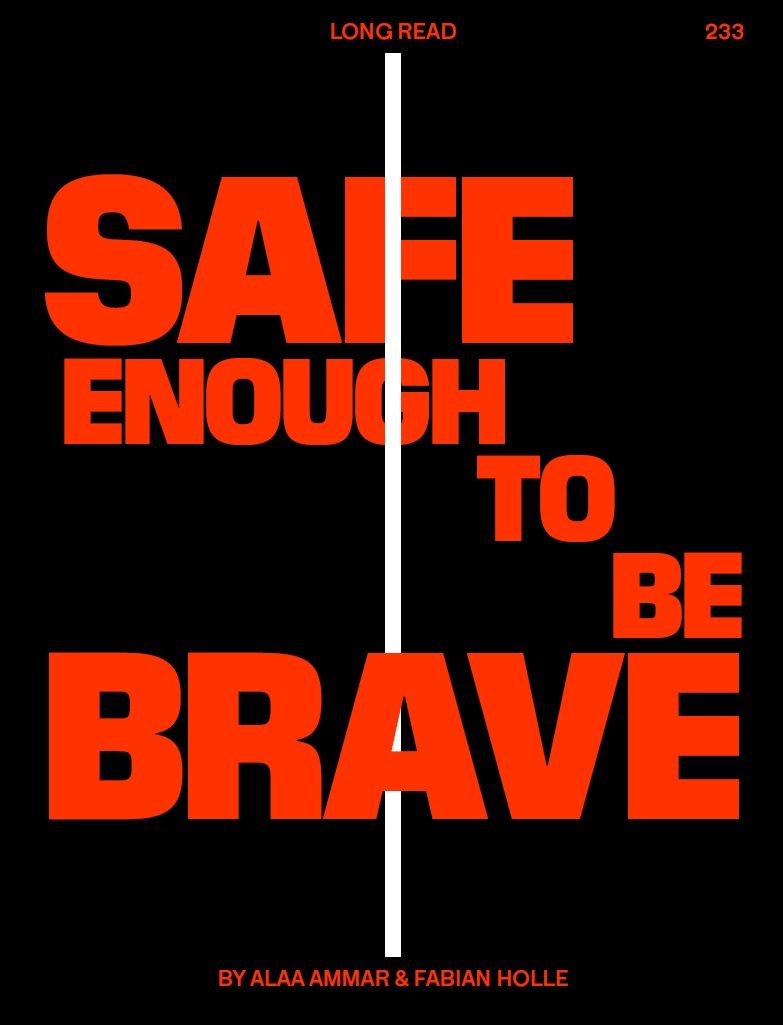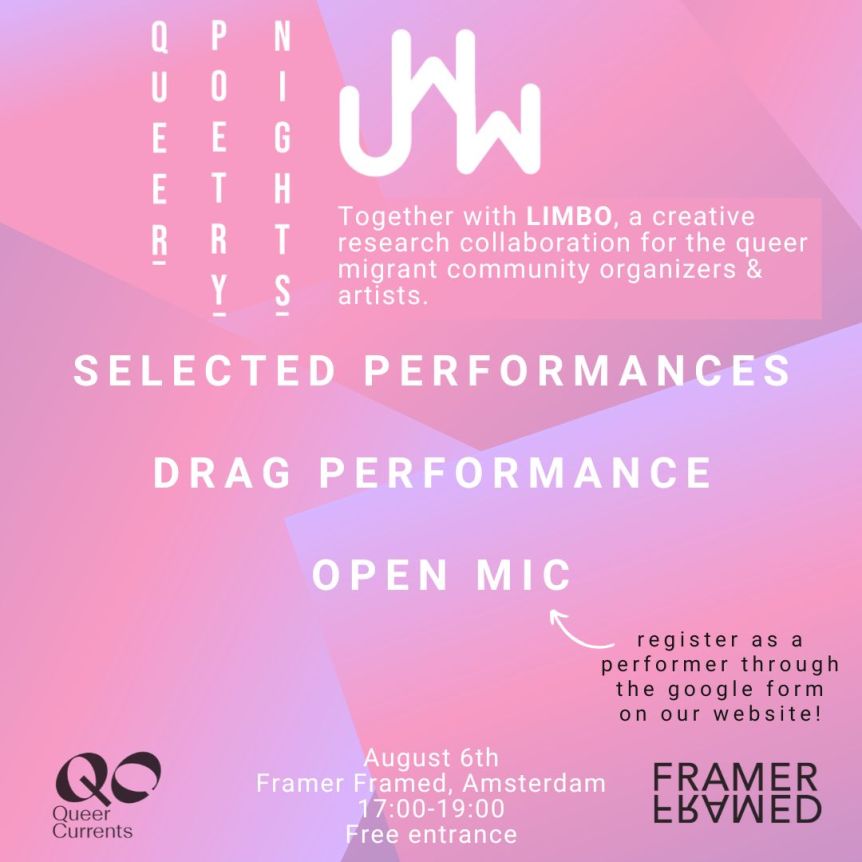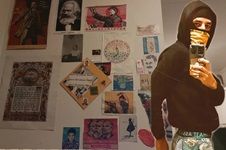
Rochita's workshop practice is influenced by Adrienne Maree Brown, by Edouard Glissant’s work on relationality, by Rolando Vazquez and various thinkers on decoloniality and decolonial practice. Her interest lies in stimulating and encouraging makers, thinkers and dreamers to explore beyond what is the comfort zone.

In this workshop Maha will talk about, and practice together, with rope play, role play and consent. Paying attention to submissive (queer, migrant, refugee) narratives and experiences, and placing it in a political perspective (with topics like SM, shaming, safety, privilege & consent). We will create a safer environment to share stories, practice and have fun.
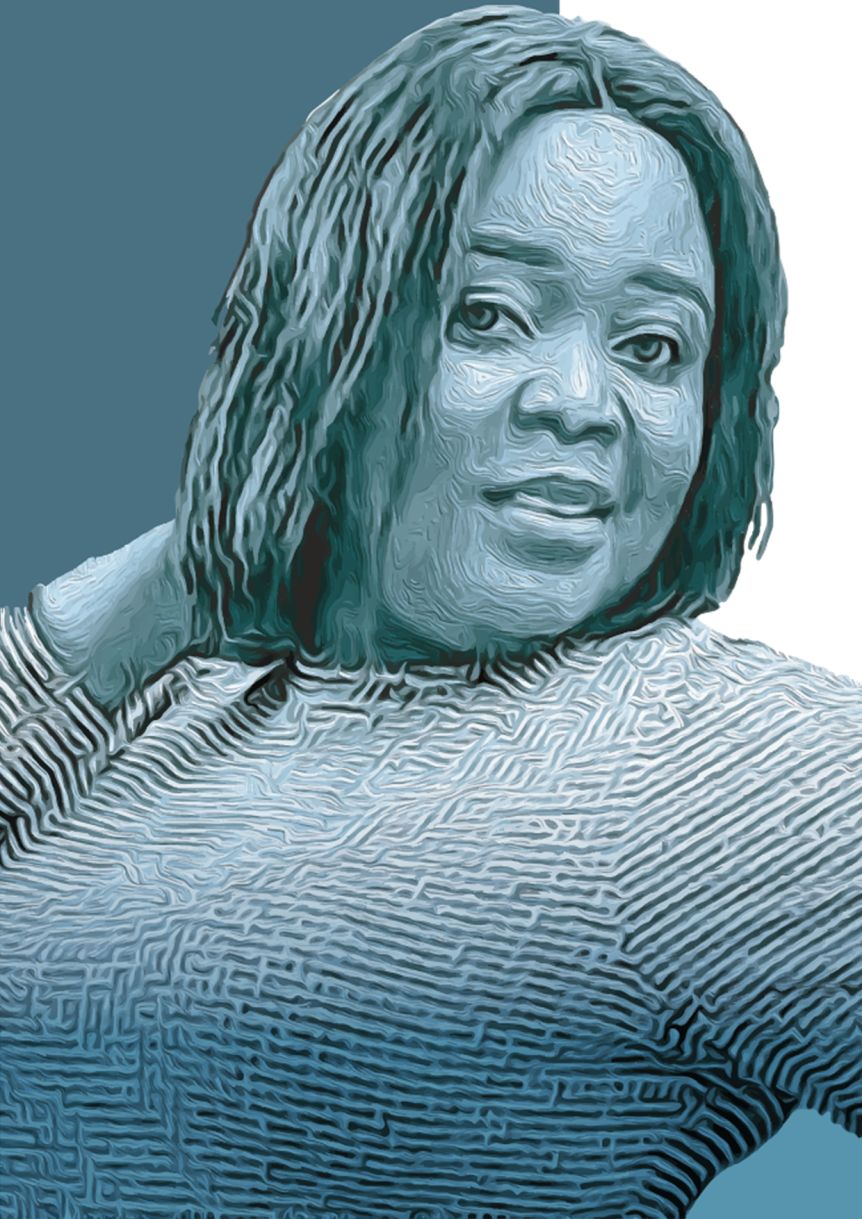
Bonjour! I’m maman Nasser, and I’m a proud mother of one child. I arrived in South Africa 6 years ago and I’m one of the women in the Congolese community. I'm living in Port Elizabeth and I'm a business woman who sells congolaise food. Since I was young, I was praying to be a brave woman and now I am how I wanted to be. Even if here in South Africa there are no jobs, I survive by selling food and working in the salon. Even if it’s difficult, I know everything will work out for me.
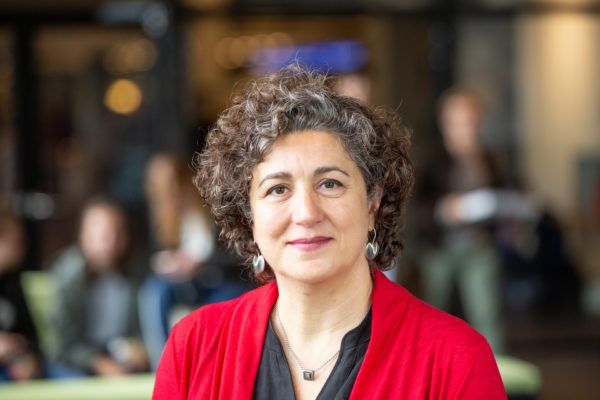
Halleh Ghorashi (Vrije Universiteit Amsterdam), Jeroen Kluck (Amsterdam University of Applied Sciences) and Hergen Spits (University of Amsterdam and Amsterdam UMC) will receive the Impact Award 2021 this year. Every year the Impact Award is presented to renowned researchers or research groups who make a meaningful contribution to society.

With our research project ‘Engaged Scholarship and Narratives of Change’, we are committed to building a community of people who dedicate their academic, professional and/or personal lives to engaged scholarship. To keep you up-to-date about the latest developments within the project, we have started this series of newsletters.
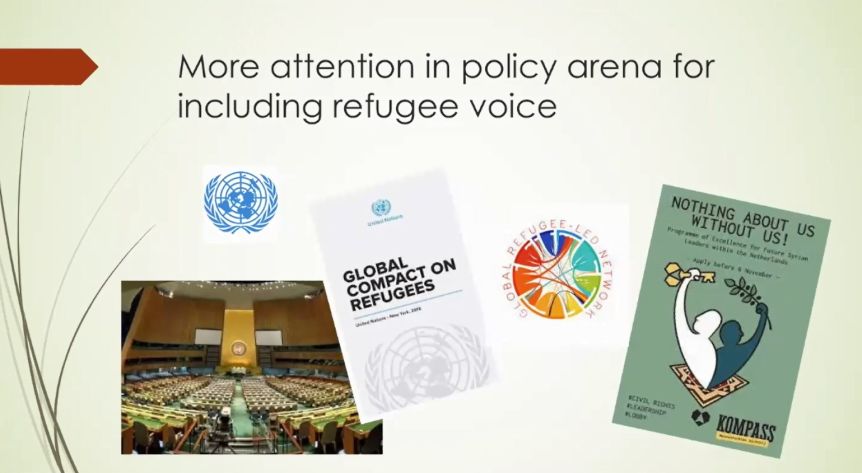
On Thursday June 10th 2021, we organized the panel "Co-creation Practices as Conditions for Belonging" for the interdisciplinary working conference "Studies of Belonging: Mapping Belonging as a field of study and establishing future networks" organized by the Netherlands Institute of Advanced Science (NIAS). Elena Ponzoni, Mimi Ocadiz, Fabian Holle, and Alex Greene presented four papers that illustrated how co-creation in research can be viewed as a condition for belonging.

We are a group of gender-nonconforming/ trans artists with a refugee/ migration background and were all part of Art for Change. Art for Change is a creative knowledge co-creation project, which was part of a study within the Vrije Universiteit Amsterdam, department of Sociology, that centered the knowledge, experiences and art practices of 10 LGBTQI+ (lesbian, gay, bisexual, transgender, queer/ questioning, intersex and other gender identities and sexualities outside of heterosexuality and cisgender) migrants/ refugees.
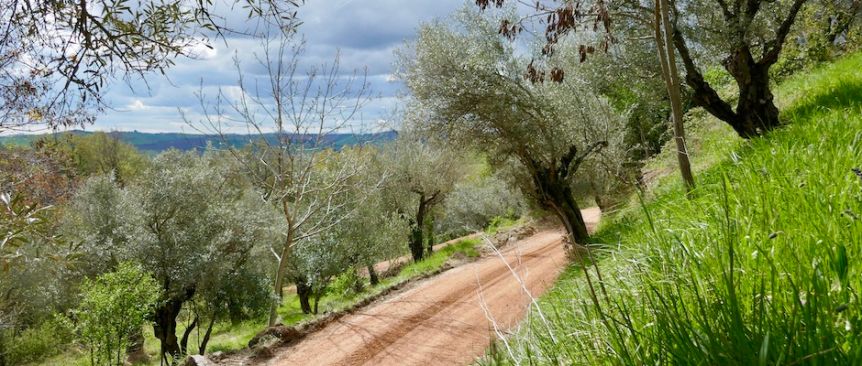
After working for more than 20 years in academia, I was looking forward to a 6-month sabbatical in 2014 to write a major grant proposal. The plan was to go first to South Africa for a keynote address at a conference in January and then start my sabbatical. The weekend before my departure to South Africa, I got a call from my aunt in Iran that changed everything. The next thing I knew, I was on a plane to Tehran instead of Johannesburg.

Despite well-intended efforts, many progressives do not succeed in making their own living and working environments more diverse. Sociologist Halleh Ghorashi explores why inequalities continue to grow and exclusionary spaces persist, reflecting on her own experience and insights as a scholar and an asylum seeker in the Netherlands. When it comes to promoting diversity, good intentions are not enough. Tackling exclusion and hierarchies demands a deeper questioning of normative thinking that assumes people with a migration background are different and disadvantaged.
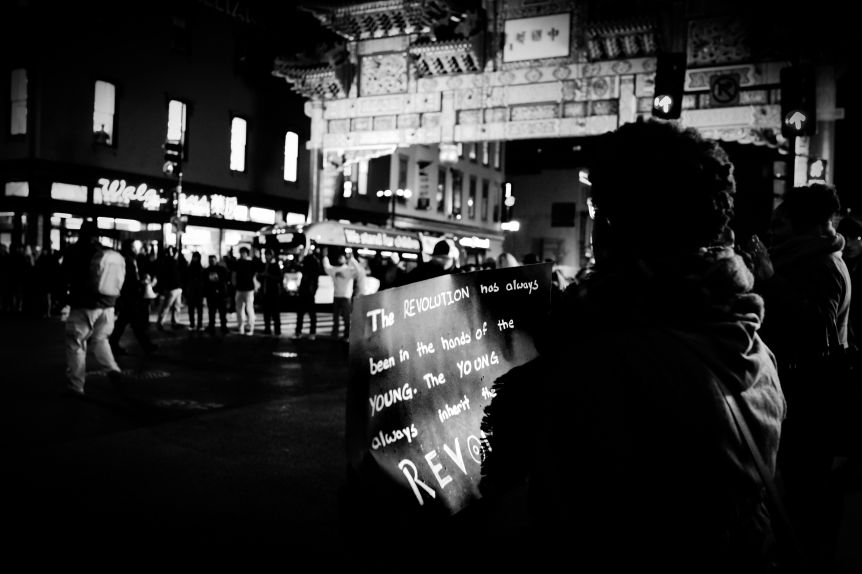
The corona crisis acts as both an accelerator of the effects of our (consumption) behaviour and a magnifying glass on the sources of inequality and imbalance in our societies. In short, this crisis shows that what we thought was normal has been quite detrimental to our survival on several fronts. Think for example of the consequences of unrestrained growth on nature and human relations or those of unlimited consumption/production based on what one wants, not what one needs – desire versus need -, or the negative consequences of unlimited mobility.

